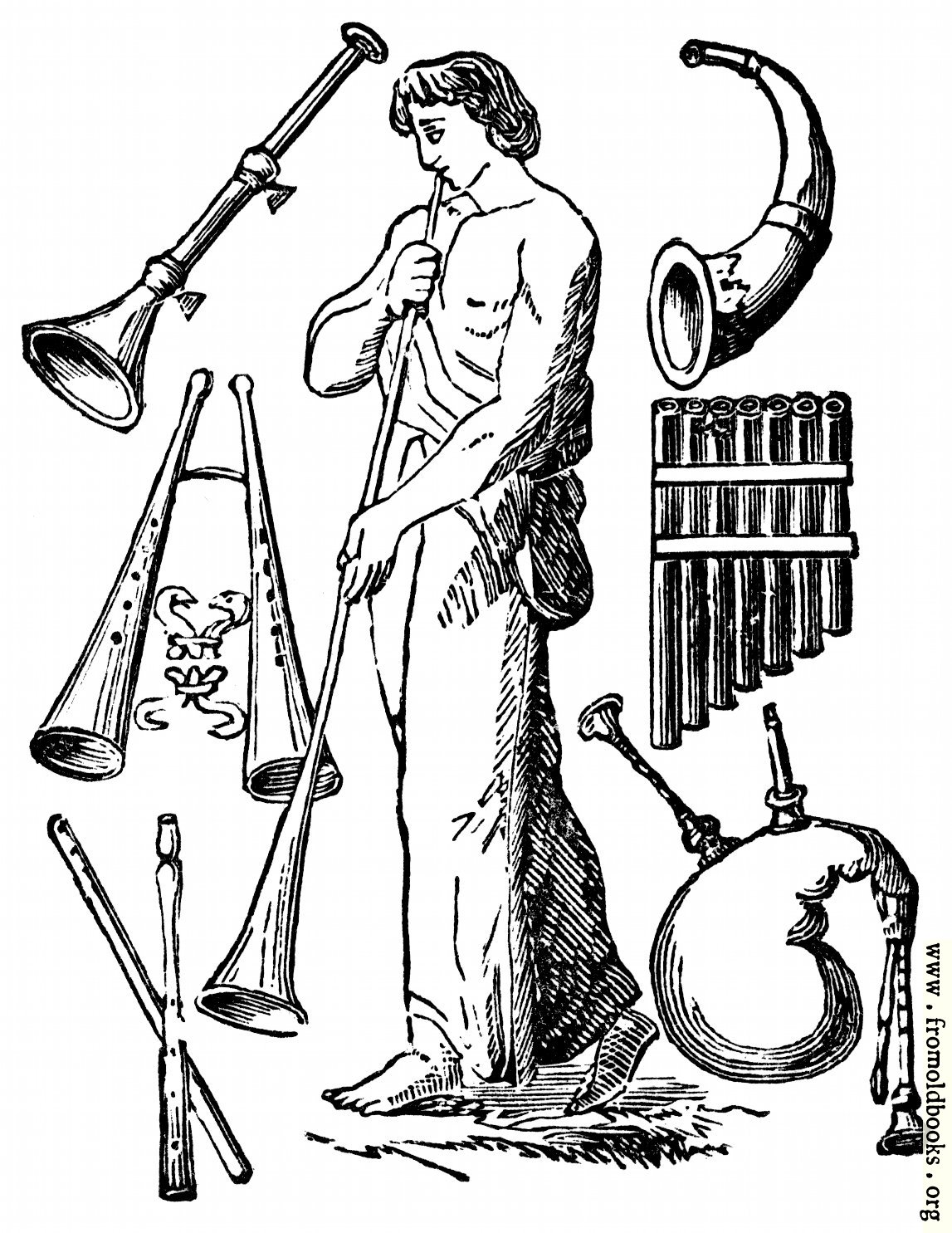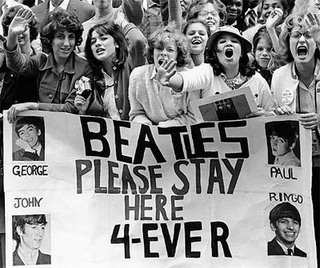
Have you have heard the saying that if someone has a great personality than it’s code for they are interesting but not attractive? Well, I’m ready to talk about why that’s just not true, and what people really find the most attractive, and important in choosing a mate.
There are a multitude of traits that people take into consideration when choosing a mate. From watching movies, and looking at magazine advertisements you would think that the most important trait to most individuals would be physical attractiveness. A study by Bojan Todosijević, Snežana Ljubinković, and Aleksandra Arančić entitled “Mate selection criteria: A trait desirability assessment study of sex differences in Serbia” shows that in a study of 127 individuals that physical attractiveness comes in at number 22 on a list of 60 different traits.
The study shows that the top ten traits that people look for in a mate are, in order from most importance; sincerity, faithfulness, tenderness, reliability, communicative, passion, carefulness, amusing, love for children, and self-confidence. None of these traits has anything to do with any sort of physical feature.
In this article it talks about how it is most popularly believed that men usually look for physical attractiveness in a woman while women look more for great personality characteristics and are not as interested in physical attractiveness. This also proves to be somewhat of a misconception. Women find strength and thinness as factors when deciding who they choose as a mate. These qualities can be attributed back to previous blog entries about the qualities that women looked for in the past that could reveal that the particular man was more capable of survival.
look for physical attractiveness in a woman while women look more for great personality characteristics and are not as interested in physical attractiveness. This also proves to be somewhat of a misconception. Women find strength and thinness as factors when deciding who they choose as a mate. These qualities can be attributed back to previous blog entries about the qualities that women looked for in the past that could reveal that the particular man was more capable of survival.
When it comes to negative traits it discusses which traits are the most negative and who tolerates these traits more readily. Some particular traits that men are able to tolerate better than women are the traits fearfulness, self-pity, and aggressiveness. Women might not be able to accept these qualities are readily as men can because these traits are not conventional masculine. The traits that are seen as the 10 least desirable are from less undesirable to more undesirable; shyness, overweight, introversion, spoilt brat, self-pity, aggressiveness, fearfulness, insecurity, selfishness, and conceitedness.
One of the most interesting bits of information that I found was the fact that in the past women were less involved in society in the area of the work force and in status than men. You would think that women would be able to choose mates with statuses lower than themselves since many women now have very high paying jobs and are capable of supporting not only themselves but others as well. Women are still shown to prefer higher status mates even when they are at a very high status themselves when it comes to income.
In the end what people are really looking for in a mate does have a lot to do with personality but it’s really a good balance between physical attractiveness, status, and specific personality traits. It is shown in this study that want people want to someone that they can grow with and having a satisfying relationship. The comparison that I like the best is that a relationship should be like peanut butter and jelly you can't have one with out the other.





